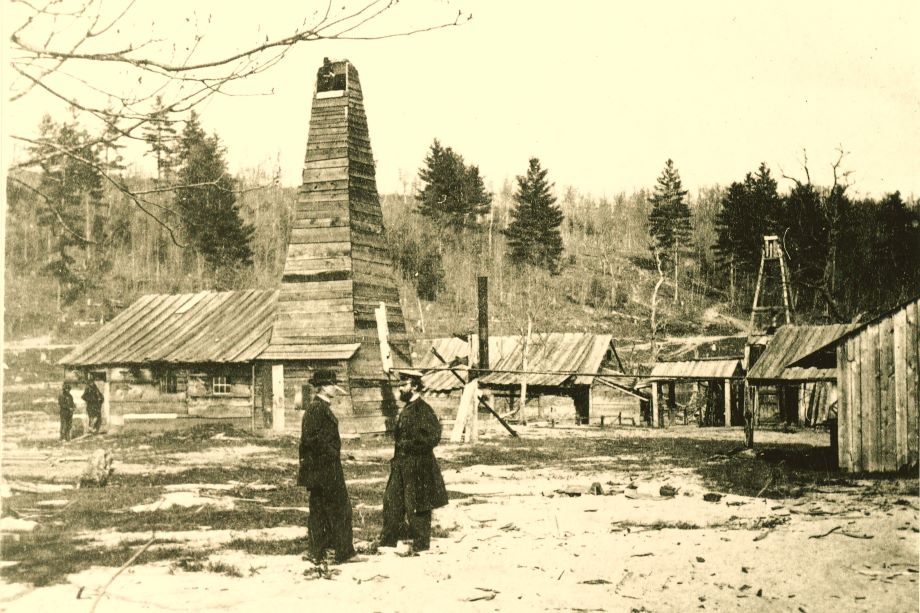Engineering Internships on the Rise
Engineering Internships on the Rise


More companies want interns. A recent survey by the National Association of Colleges and Employers states that employers plan to increase internship hiring by 8.5 percent in 2012.
Several factors are contributing toward this increase in demand.
"Nearly 80 percent of employers view internships as the new way to find full-time hires, and 70 percent of internships culminate with a full-time offer from that same employer," says Stuart Lander, chief marketing officer at TweetMyJobs and www.internships.com. "With fierce competition for full-time employment continuing, students are striving to have multiple internships on their resume, which contributes to the growth of the internship market."
Nathan Parcells, founder of www.internmatch.com, reports a dramatic increase in engineering internships.
"Currently over 10 percent of our available internships are for engineering roles, which is the highest we have seen in the past three years," Parcells says. "A lot of these are electrical engineering positions related to the growing competition among tech companies like Google, Apple, and LinkedIn. Mechanical engineering internships are also on the rise because more companies are investing in engineering and innovation. In a recent survey we discovered that over 93 percent of startups are planning on hiring interns within the next three months—this is becoming a competitive hiring strategy for many companies," he adds.
According to Lander, engineering was ranked as the fifth most internship-ready major in 2012, with nearly six applications per intern position. "As a result, our engineering supply has grown into the fourth-largest inventory of internships on our site, with over 6,500 positions live today," he says.
Like a Regular Job
Engineering internships provide a challenging variety of work. Software development positions usually involve working directly with a mentor and tackling large-scale projects they can take at their own pace, with the goal of developing a finished product by the end of the summer.
Public-sector positions are more research-oriented; in the private sector there is more emphasis on screening interns for full-time employment, with greater introduction to the company culture and interaction with other employees. These roles tend to be in a faster-paced corporate setting and may involve additional training.
"For example, last summer we interviewed a student who interned at the mechanical engineering firm Astronics," says Parcells. "He shared how his internship quickly transitioned from training to becoming a key employee in charge of creating 3-D graphic images of circuit boards and checking different system statuses using this process."
Barr Engineering, a consulting firm based in Minneapolis, has a very active internship program. Candidates are offered positions in mechanical, civil, geotechnical, structural, environmental, and chemical engineering. The number of internships has nearly doubled every year over the past two years. Interns are mentored by senior staff, have opportunities to work in the field and travel, and gain insights into engineering and environmental projects.
"We treat our interns as regular engineers and scientists," says Claire Moreau, human resources development consultant for Barr. "Our interns bill their time to specific projects and truly contribute to the success of their projects. This is a challenging expectation at times but provides valuable insights into the consulting industry. In exchange, Barr gets to observe budding engineers and scientists in action and gauge their interest in a consulting career. Over the years, we have hired 147 former interns as full-time employees."
Tough Competition
Parcells notes that, with student unemployment at near-record levels and students interning more than ever in the past, competition is intense. He advises to start early and speak to teachers, teaching assistants, and other people in your field of interest.
"They can offer valuable insight into how they found their internships and might be able to connect you with opportunities in the future," he says. "We also highly recommend you tackle projects outside of work. This is something we found when interviewing Google recruiters—being able to show a deeper passion for your field than just taking classes helps your resume really stand out."
Don't wait until your senior year to start applying, agrees Lander. "The question has evolved from, 'Did you have an internship in college?' to 'Where/how many internships did you have in college?' It's not uncommon for students to graduate with three or four internships on their resume, which provides a distinct advantage when applying for full-time positions."
As the Barr internship program becomes more competitive, the company is placing more emphasis on hiring engineers with previous internship and research experience. "If interns are unable to secure the internship they want, they should not give up," notes Moreau. "They should find a related internship or research fellowship and reapply the following summer. With that experience on their resume to differentiate themselves, they'll be a stronger candidate the following year."
Mark Crawford is an independent writer.
Currently over 10 percent of our available internships are for engineering roles, which is the highest we have seen in the past three years.Nathan Parcells, founder, www.internmatch.com



